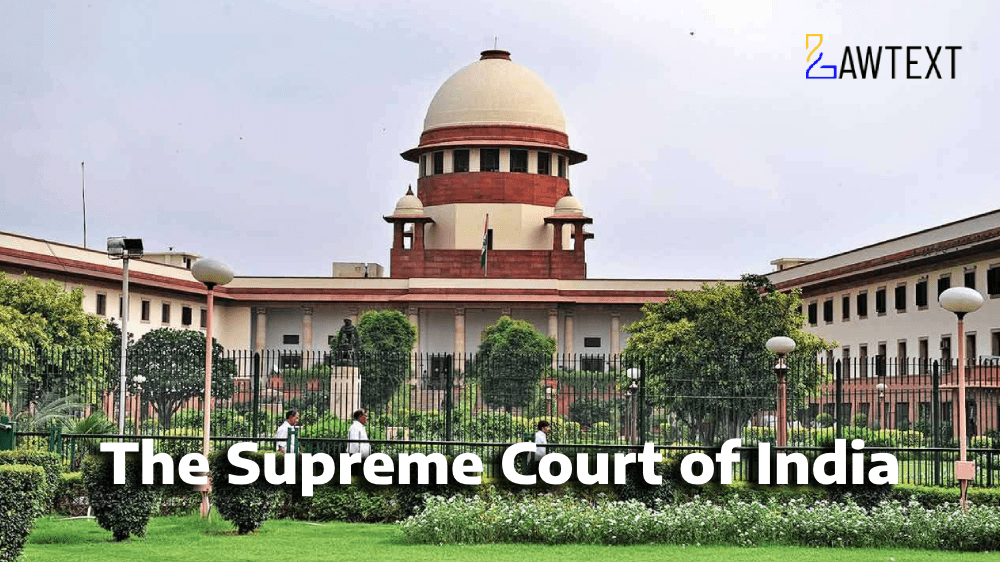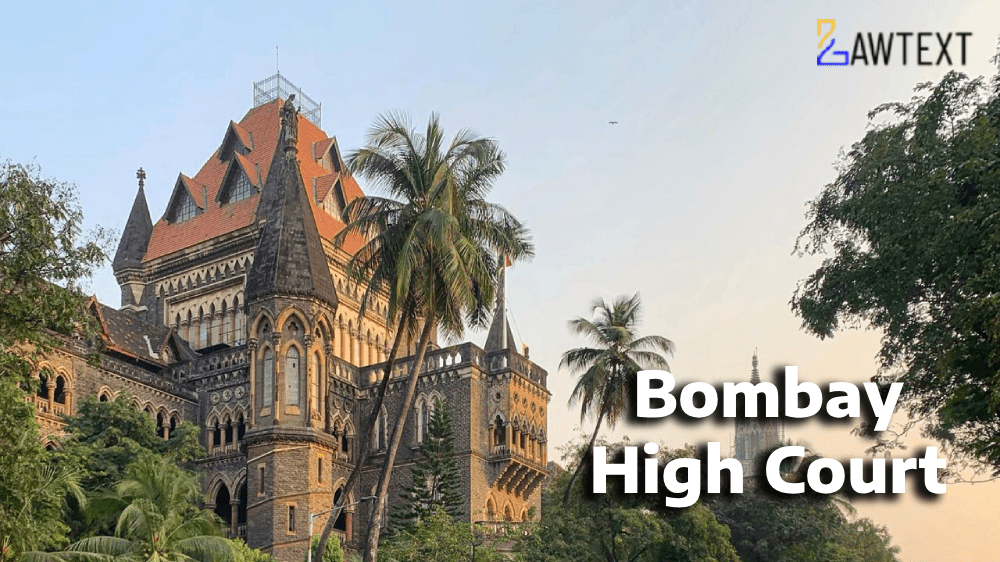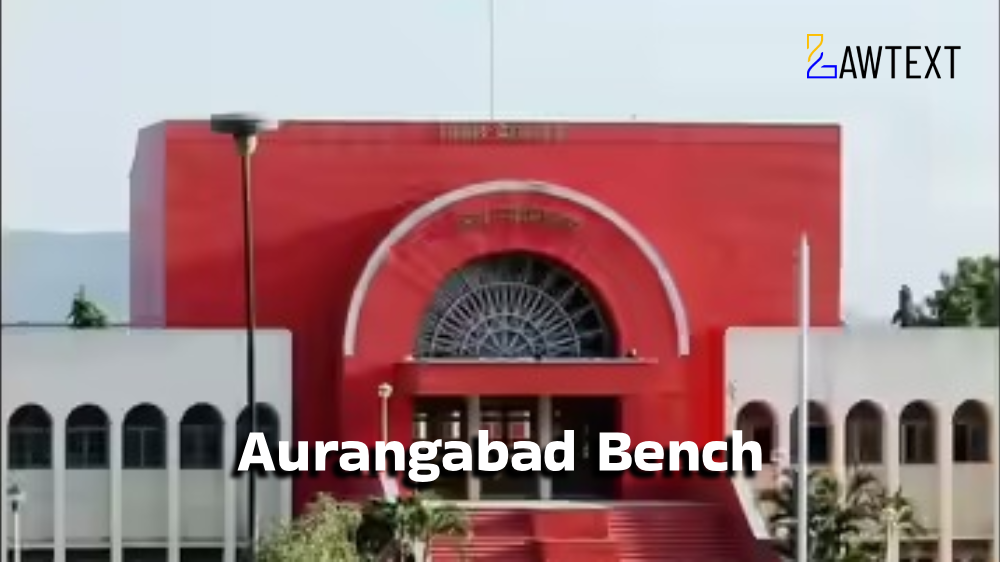Case Note & Summary
The Supreme Court of India upheld the jurisdiction of the Execution Court to extend the time for depositing the balance sale consideration in a specific performance decree. The Court clarified that applications under Section 28 of the Specific Relief Act, 1963, must be treated as part of the original suit, even if the suit has been disposed of and is under execution. The appeal against the High Court's dismissal of the appellant's revision was rejected, affirming that the Execution Court acted within its powers by allowing the deposit and rejecting the rescission application.
1. Factual Matrix A suit for specific performance was filed by the respondents for enforcement of an agreement to sell dated 18.05.2005. The trial court only decreed the refund of the earnest money, rejecting specific performance. On appeal, the appellate court directed the appellants to execute the sale deed upon payment of the balance consideration within two months. Respondents filed an execution application, and after delays, sought an extension for depositing the balance consideration. Appellants sought rescission of the contract due to the delay in deposit. 2. Proceedings The Execution Court allowed the respondents to deposit the balance amount and rejected the rescission application. The appellants' revision to the High Court was dismissed, leading to the current appeal before the Supreme Court. 3. Issues Before the Court Whether the Execution Court had jurisdiction to extend the time for deposit and entertain the rescission application. Whether the application should have been treated as part of the original suit or in the execution proceedings. 4. Analysis The Court held that the Execution Court, being the Court of first instance where the original suit was filed, had the jurisdiction to entertain applications under Section 28 of the Specific Relief Act, 1963. It was emphasized that such applications must be treated as interlocutory applications in the original suit, not on the execution side. 5. Conclusion The Supreme Court upheld the decision of the Execution Court, rejecting the appeal and affirming the procedure followed in extending the time for deposit and denying the rescission of the contract. Acts and Sections Discussed Specific Relief Act, 1963 Section 28(1): Rescission in certain circumstances of contracts for the sale or lease of immovable property. Code of Civil Procedure, 1908 Section 37: Definition of "the court which passed a decree". Ratio DecidendiThe Supreme Court ruled that an Execution Court, which is the Court of first instance where the original suit was filed, holds jurisdiction under Section 28 of the Specific Relief Act, 1963, to extend the time for depositing the balance sale consideration and decide on the rescission of the contract. The Court must treat such applications as interlocutory applications within the original suit, ensuring substantive justice prevails over procedural technicalities.
Issue of Consideration: ISHWAR (SINCE DECEASED) THR. LRS & ORS. VERSUS BHIM SINGH & ANR.
Premium Content
The Issue of Consideration is only available to subscribed members.
Subscribe Now to access critical case issues








